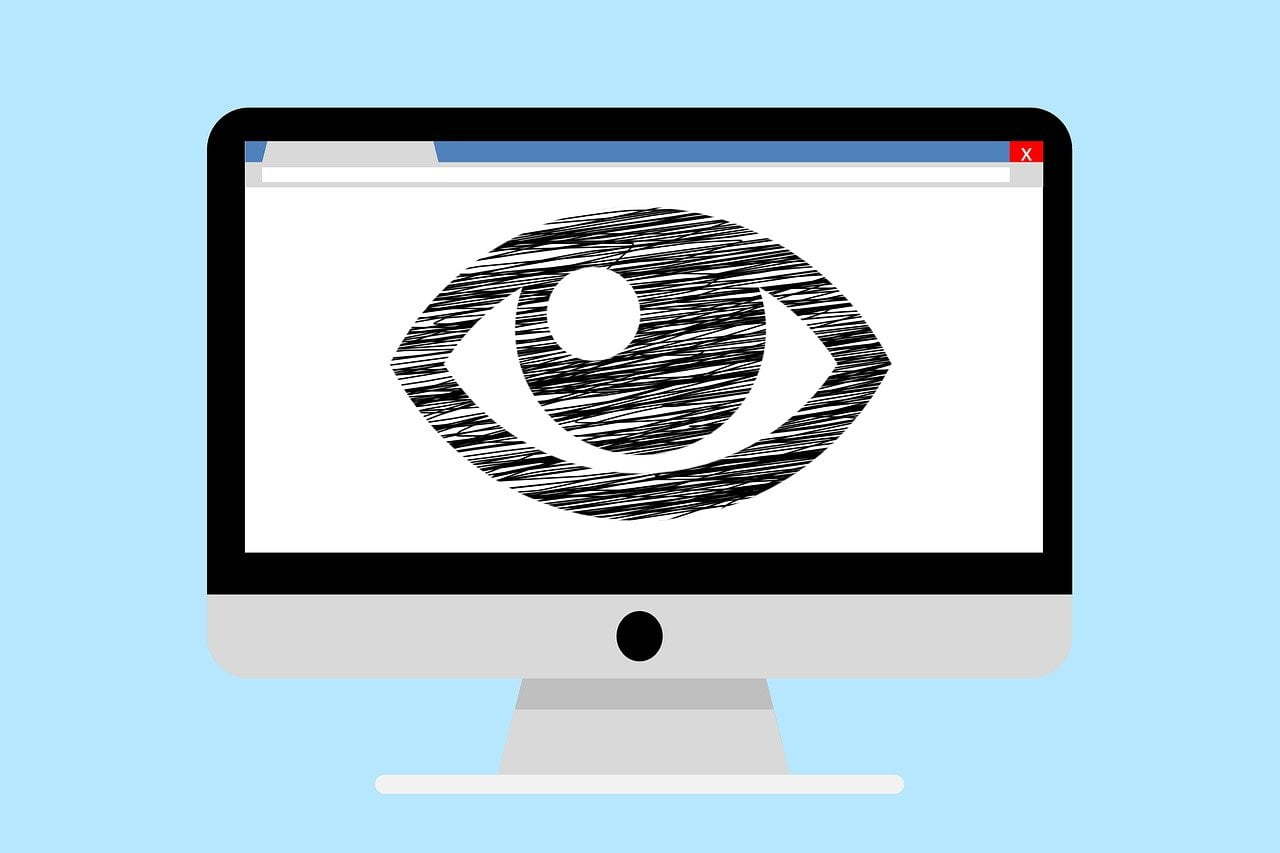When the Judicial Service Commission hearings on Judge Mogoeng Mogoeng were being held, I expressed significant doubts regarding his suitability for the role of Chief Justice. Among my concerns were his views on homosexuality, his reasoning in certain judgments related to sexual assault, and of course, his religious views and whether they would impact on his rulings.
Along with many of you, today I made a difficult decision regarding which party to vote for in South Africa’s National elections – more difficult than any of the previous 10 (if you include the Municipal elections) were.
In one respect, I take that as a positive thing, because competition is good, and more than one option on the ballot today had merits to consider. It’s sometimes a sign of a more mature democracy that the choice of whom to vote for isn’t utterly obvious.
Podcasts continue to increase in popularity, and after years of being encouraged to try my hand at producing one, Greg Andrews and I decided to do just that. Square Brackets is the result, and after releasing a weekly episode for the past two months, it’s probably time to announce it here on Synapses.
The mosque murders in Christchurch on March 15, 2019 made me aware that New Zealand has a “chief censor”, which seems a somewhat quaint title in the 21st Century. It’s nevertheless true that someone (or some group of people) have to make determinations about when – if ever – something should be deemed unsuitable for public distribution, and the title of “chief censor” is at least unambiguous.
I’m not going to discuss if speech should ever be censored in this post, having addressed it on numerous prior occasions, for example here and here. To summarise my view, I regard free speech as a very important value, that should be among our top priorities, but I don’t think it always, or necessarily, trumps any other value.
For those of us who don’t reflexively vote for the same political party in every election, regardless of contextual details like their performance, their choice of candidates, and of course their policy platforms, the 2019 National Elections (May 8) might well be the most confounding choice we’ve ever faced.
None of the candidates are not sub-optimal in some form or another. The ANC’s candidate list includes people who have been directly implicated in “state capture” and corruption. While it’s true that they are eligible to be members of Parliament – as Ace Magashule says, “Anybody who has not been found guilty by a court of law is on the list” – you’d hope that the bar would be set higher than “not a proven criminal”.
South Africa has a “spiritual vampires” problem, to adapt Susan Gerbic and the Guerrilla Skeptic’s term (“grief vampires”) for people like John Edward, who claim to speak to the dead. But then, I suppose you could say that the whole world does, in that religious leaders who make a living off telling people things they themselves don’t actually believe can be found everywhere.
I’ve written about some of South Africa’s exploitative evangelists in the past, including Prophet (Detective) Lethobo and Penuel Mnguni, as well as about the CRL Commission’s investigation into harmful religious practices and whether they should be regulated.
“The Pan South African Language Board says that parents should be concerned if children often speak in the adopted British accent from the popular animated TV series Peppa Pig.”
So says Sibusiso Nkosi, of the aforementioned Pan South African Language Board, because they worry that some accents are perceived to signal positive traits like intelligence more than others do, and they want to encourage South African kids to keep speaking in their “African accent”, so as to not reinforce this perception.
Here are three pieces that have been open in my browser for a few days now, while I kept postponing the urge to write something substantial about each of them. Instead, I’ll simply present them for your consideration, with a paragraph or two on selected areas of possible interest.
First, Bruce Schneier on blockchains, and how it’s debatable that they live up to what many consider one of their key promises: to “displace, reshape, or eliminate trust“. Schneier is an American cryptographer who has written extensively on security issues (his work on airport “security theater” is well-worth reading), and he certainly speaks with authority, even if you might not agree with his analysis.
To be fair, I haven’t seen much concern expressed on the theme of this tweet,
Has anyone considered that Facebook's “How Hard Did Aging Hit You” Challenge is just a way to refine facial recognition technology? What better way to get people to offer up a ton of comparative visual data?
— Greg Britton (@gmbritton) January 13, 2019
but with over 5 000 retweets (at time of writing), it certainly seems like some people are convinced, and possibly concerned. I’m however not inclined to think that the “10 year challenge” is a sinister ploy by Facebook to harvest this freely-volunteered data, in order to improve its facial recognition technology.
The post title refers to Russell Blackford’s most recent book, The Tyranny of Opinion: Conformity and the Future of Liberalism. Blackford is an annoyingly prolific writer, who has published numerous works of both non-fiction and fiction, as well as having edited at least 5 volumes of essays that I’m aware of.
By way of disclosure, I also regard him as a friend, and he was kind enough to write a blurb for my and Caleb Lack’s 2016 book, Critical Reasoning, Science and Pseudoscience. Despite these connections, this note on the book is unsolicited, and entirely sincere.










